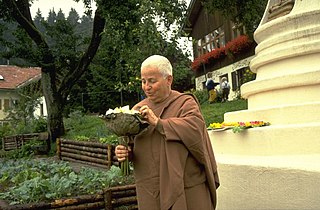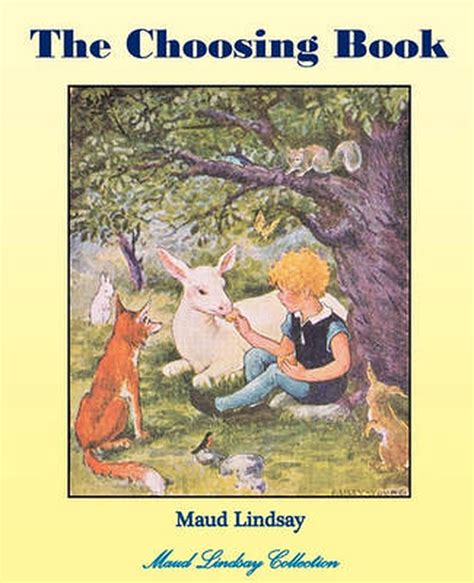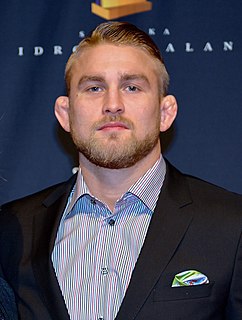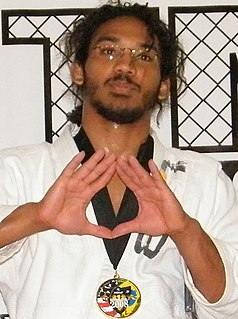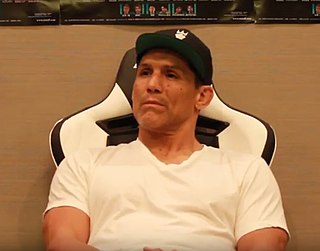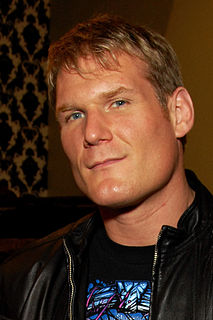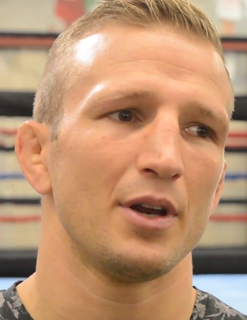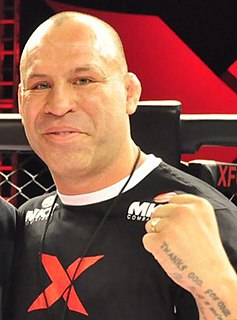A Quote by Mark Coleman
Nature teaches us simplicity and contentment, because in its presence we realize we need very little to be happy.
Related Quotes
You may object that by speaking of simplicity and beauty I am introducing aesthetic criteria of truth, and I frankly admit that I am strongly attracted by the simplicity and beauty of mathematical schemes which nature presents us. You must have felt this too: the almost frightening simplicity and wholeness of the relationship, which nature suddenly spreads out before us.
If nature leads us to mathematical forms of great simplicity and beauty - by forms I am referring to coherent systems of hypothesis, axioms, etc. - to forms that no one has previously encountered, we cannot help thinking that they are "true," that they reveal a genuine feature of nature... You must have felt this too: The almost frightening simplicity and wholeness of relationships which nature suddenly spreads out before us and for which none of us was in the least prepared.
We could become quite satisfied with ourselves because we are sitting in meditation and are endeavoring to practice the spiritual path. Such satisfaction with ourselves is not the same as contentment. Contentment is necessary, self-satisfaction is detrimental. To be content has to include knowing we are in the right place at the right time to facilitate our own growth. But to be self-satisfied means that we no longer realize the need for growth. All these aspects are important parts of our commitment and makes us into one whole being with a one-pointed direction.
Contentment is the door to god. If one is contented, one has already arrived. And the meaning of contentment is absolute acceptance as you are. Contentment means acceptance, discontentment means non-acceptance. A wants to become B - that is discontent. A is perfectly happy in being A, there is no desire to become B - that is contentment.
Education doesn’t make you happy. Nor does freedom. We don’t become happy just because we’re free – if we are. Or because we’ve been educated – if we have. But because education may be the means by which we realize we are happy. It opens our eyes, our ears, tells us where delights are lurking, convinces us that there is only one freedom of any importance whatsoever, that of the mind, and gives us the assurance – the confidence – to walk the path our mind, our educated mind, offers.
We don’t need a cure,” the other zombie said. “That’s right,” Scapegrace nodded. “We’re happy the way we are.” “Happy with the power,” Scapegrace clarified. “Very happy, just the two of us, and there’s nothing wrong with us either. It’s very natural in fact. Nothing to be ashamed of—” “Thrasher,” said Scapegrace, “shut up.
At the very simplest, I think as Van Gogh said and St Francis would have said, we must find nature. Just to be in the presence of nature your feelings and 'little seedlings' start to awake. So if we disassociate ourselves from God we cut nature out, too. More and more we turn nature into a commodity, into eco-tourism. But we must integrate it into the way people live every day.
Many people think that when we practice agriculture, nature is helping us in our efforts to grow food. This is an exclusively human-centered viewpoint... we should instead, realize that we are receiving that which nature decides to give us. A farmer does not grow something in the sense that he or she creates it. That human is only a small part of the whole process by which nature expresses its being. The farmer has very little influence over that process... other than being there and doing his or her small part.
there is no need to justify what we are. there is no need to work hard to become what we are not. we just need to return to our intergrity, to the way we were before we learned to speak. perfect. as little children, we are authentic. only the present time is real for us; wo don't care about the past, and we aren't worried about the future. we enjoy life; we want to explore and have fun. nobody teaches us to be that way; we are born that way.





